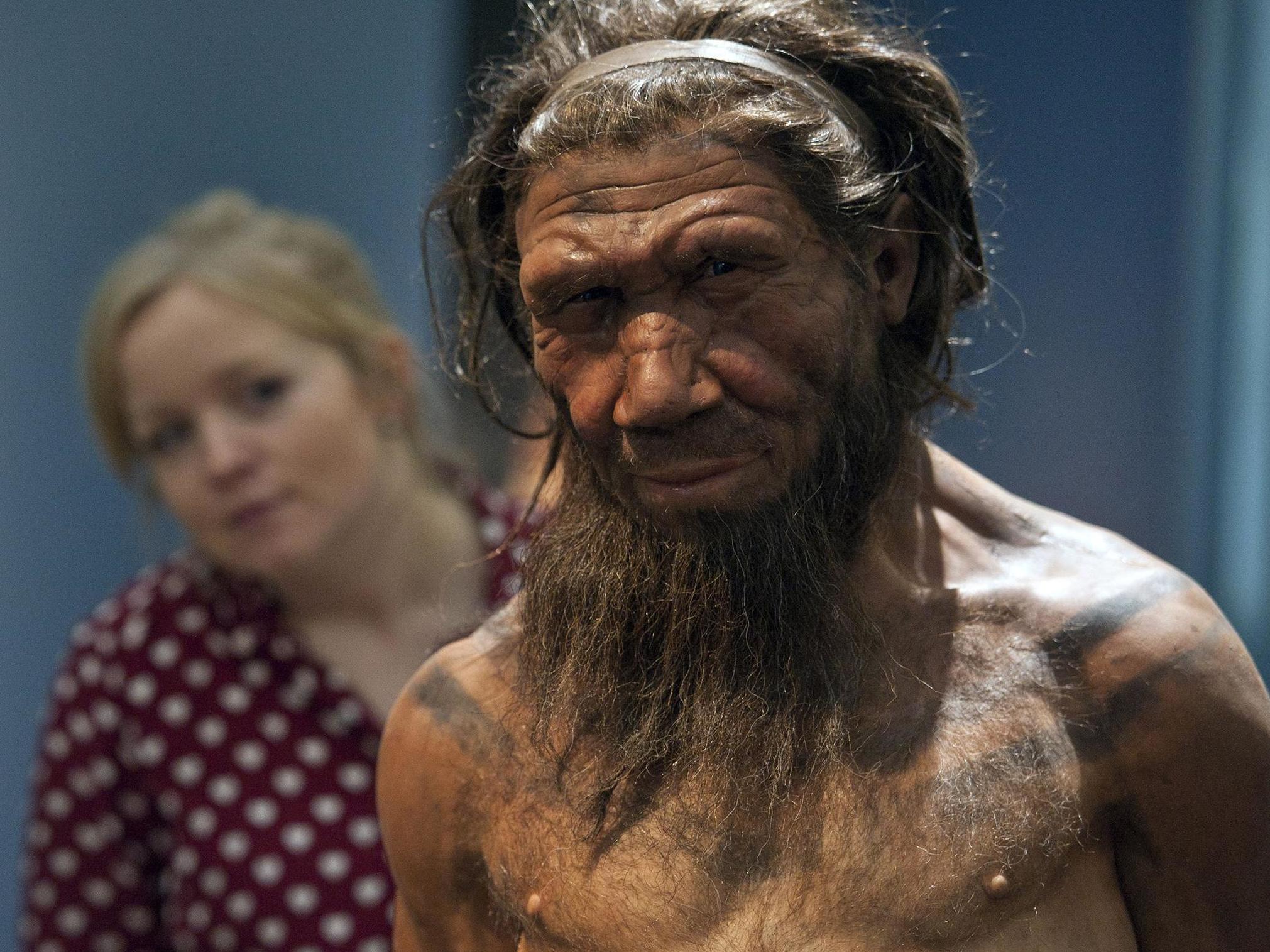Neanderthal extinction caused by inbreeding and small populations rather than by humans, study suggests
‘The disappearance of Neanderthals might have resided in the smallness of their populations alone – even if they had been identical to modern humans’

Your support helps us to tell the story
From reproductive rights to climate change to Big Tech, The Independent is on the ground when the story is developing. Whether it's investigating the financials of Elon Musk's pro-Trump PAC or producing our latest documentary, 'The A Word', which shines a light on the American women fighting for reproductive rights, we know how important it is to parse out the facts from the messaging.
At such a critical moment in US history, we need reporters on the ground. Your donation allows us to keep sending journalists to speak to both sides of the story.
The Independent is trusted by Americans across the entire political spectrum. And unlike many other quality news outlets, we choose not to lock Americans out of our reporting and analysis with paywalls. We believe quality journalism should be available to everyone, paid for by those who can afford it.
Your support makes all the difference.Humanity may not bear the brunt of the blame for the extinction of our Neanderthal cousins, according to a new study, which suggests they could have been killed off by maintaining small populations and inbreeding without having ever come into contact with Homo sapiens.
Paleoanthropologists agree Neanderthals died out some 40,000 years ago – disappearing after 350,000 years on the planet, at roughly the same time that anatomically modern humans began to migrate out of Africa and into Europe and western Asia.
However, questions remain over how involved Homo sapiens were in the Neanderthal decline – with one theory suggesting modern humans may have been better at collecting resources than their hominid relations due to their capacity for high-level thought and social processing.
Now a study from the Eindhoven University of Technology, the Netherlands, has suggested that even without competition from humans, Neanderthals could have died out through the small scale of their populations, inbreeding, and random demographic fluctuations.
Lead author Krist Vaesen from Eindhoven University, along with her colleagues, asks: “Did Neanderthals disappear because of us?
“No, this study suggests. The species’ demise might have been due merely to a stroke of bad, demographic luck.
“Our results indicate that the disappearance of Neanderthals might have resided in the smallness of their populations alone – even if they had been identical to modern humans in their cognitive, social and cultural traits, and even in the absence of [competition for the same resources], Neanderthals faced a considerable risk of extinction.”
The study was conducted using data from hunter-gatherer populations that still exist, and creating population models to represent Neanderthal groups of different sizes.
Researchers then simulated the effects of inbreeding, Allee effects – a phenomenon where population size effects the fitness of members of the group – and random yearly changes in the numbers of births and deaths, as well as gender ratios.
From there they tested to see if these factors alone could have caused extinction over a period of 10,000 years – finding that while inbreeding by itself was unlikely to have led to the decline of Neanderthals, it could have had an impact when combined with a sudden decline in birth rates.
Reproduction-related Allee effects, which see females giving birth within a year to 25 per cent or less, are commonly seen in modern-day hunter-gatherer groups and could have caused extinctions in Neanderthal groups as large as 1,000 – according to the study.
Researchers hope that the study may now prove as a baseline to test competing theories on the exact cause of extinction for humanity’s distant cousins.
The study concludes: “Regardless of whether external factors [climate or epidemics] or factors related to resource competition played a role in the actual demise of Neanderthals, our study suggests that any plausible explanation of the demise also needs to incorporate demographic factors as key variables.”
Join our commenting forum
Join thought-provoking conversations, follow other Independent readers and see their replies
Comments